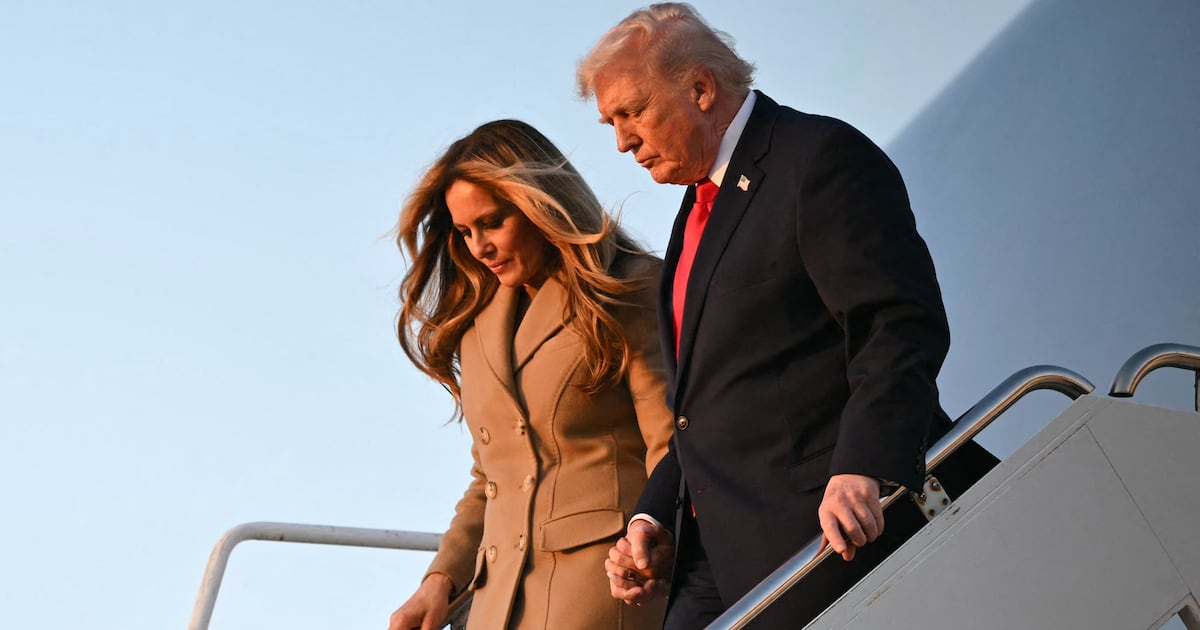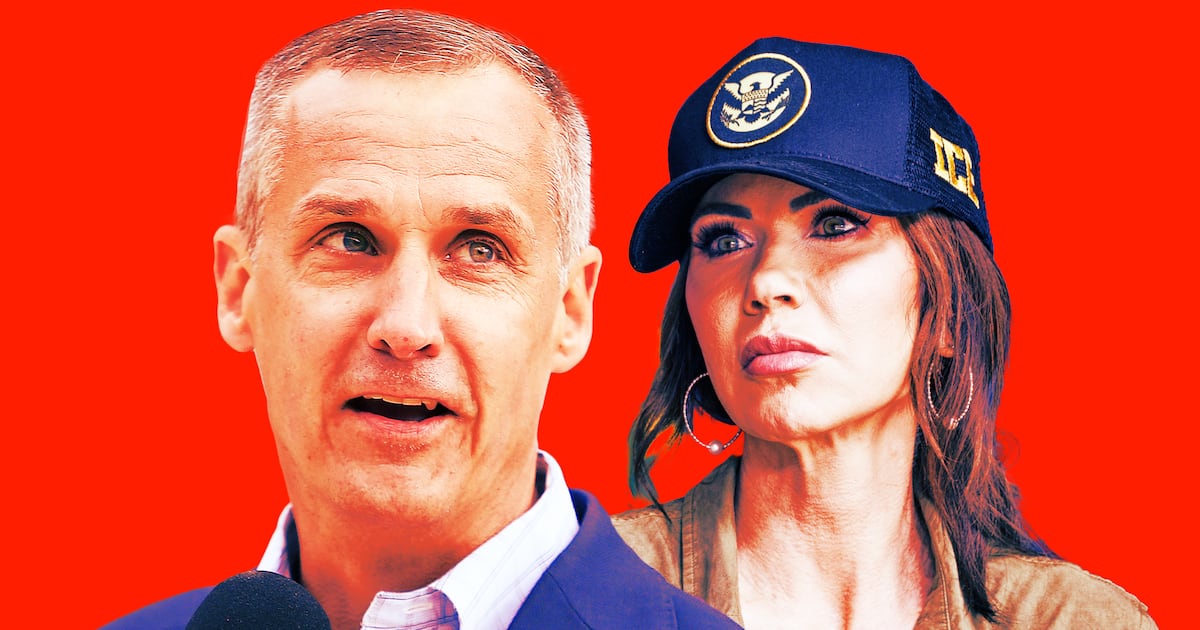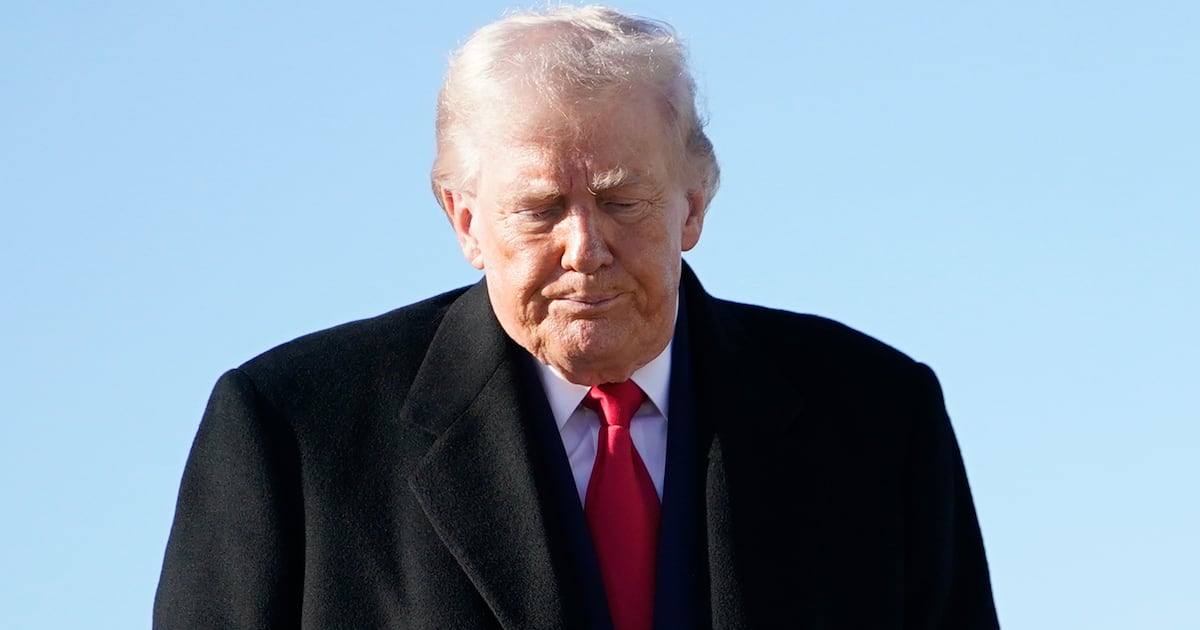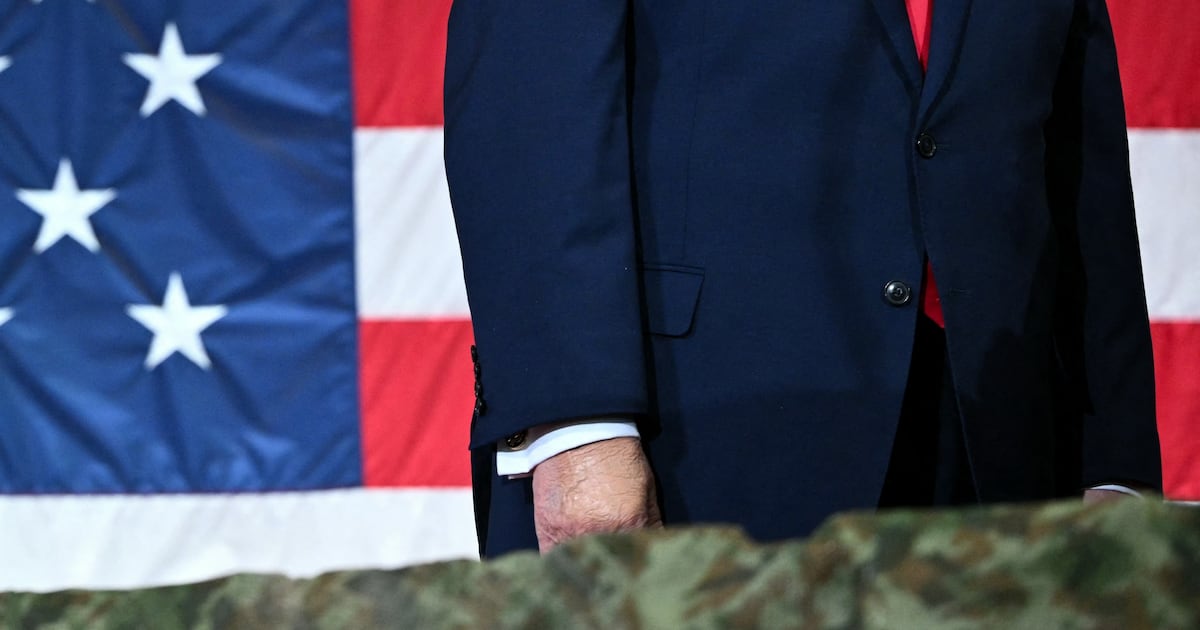“Who would have thought the most boring part of this whole thing would have been the fucking?”
Maggie Gyllenhaal’s prostitute turned adult filmmaker gets the line of the episode in Sunday night’s season two premiere of The Deuce, the ‘70s-set look at the sex workers and vagrants populating Times Square from The Wire’s David Simon and George Pelecanos.
The quip doubles as a keen mission statement for a subtle, culturally mandated redirection in the series’ new season. To continue to merely titillate, scandalize, or expose the seediness of the sex industry, no matter what truths or humanities are revealed along the way, would be mundane to the point of problematic.
This is a season that centers around female sex workers finding their agency, learning that they have a right to be protected, discovering their worth, and taking control of their rights and bodies.
It’s a slight shift. Season one of the series was always headed in this direction, but season two accelerates down that path with showy purpose. And, despite his continued presence and entertaining dual performance as brothers Vincent and Frankie, you can’t help but suspect that the person—or at least the story—The Deuce is speeding away from is James Franco.
In January, a Los Angeles Times investigation published in which five women accused Franco of “inappropriate or sexually exploitative” behavior.
In response to the allegations, Franco has said: “I have my own side of this story, but I believe in, you know, these people that have been underrepresented getting their stories out enough that I will, you know, hold back things that I could say just because I believe in it that much. And if I have to take a knock because I’m not going to, you know, try and, you know, actively refute things, then I will, because I believe in it that much.”
Franco’s accusers allege that he forced oral sex and “removed protective plastic guards covering other actresses’ vaginas while simulating oral sex” while filming an orgy scene.
Students in his film class said they felt pressured by a power imbalance to remove their shirts, alleging that he became visibly angry when they declined. Others said he promised students roles in his projects, but usually only if they would play prostitutes, hookers, or agree to nudity. He also taught a Sex Scenes class, teaching students how to be intimate in front of the camera. One student reported that a short film she shot for the class, in which she appeared nude, was uploaded to the internet without her knowledge.
Repercussions for men implicated in the #MeToo movement have come with a sharp swinging axe. It’s irresponsible to equivocate all actions and reported behavior of the men implicated in these investigations, and so too is speculating that Franco’s punishment should match the likes of accused rapists who were fired from their jobs.
However, the subject matter of The Deuce makes the question of what to do about Franco uniquely uncomfortable. What Franco was accused of—using his power as a filmmaker working in the confines of purposefully sexual art to allegedly take advantage of aspiring actresses—mirrors the same dynamics The Deuce depicted and obliquely critiqued.
Following the L.A. Times report, HBO launched its own investigation and found no instances of reports of questionable behavior on the set of The Deuce. Speaking to journalists earlier this summer, HBO programming chief Casey Bloys said, after consideration, “We all felt comfortable with a second season.”
Still, the nature of these allegations and the uncanny way in which they parallel so much of the series’ narrative and subtle moralizing likely introduced a creative conundrum. How do you stay true to the show’s nuanced and exhaustive portrayal of this world without diluting or neutering it—or, because of the Franco situation, seeming tone-deaf or just plain icky?
After seeing the first four episodes of the new season—and as viewers of Sunday night’s premiere could tell—the show responded shrewdly, and is perhaps even creatively better for it.
Female characters are now taking center stage, both in the show and in their own lives. Seizing that agency doesn’t come easily, of course, but it’s their struggle for it and even just their awakening to its possibility that it is gratifying to watch.
The premiere jumps five years into the future, to 1977, and moves the action from the streets to the adult film industry.
The driving focus in these first episodes, blessedly, are Gyllenhaal’s Candy, now a successful adult film director, producer, and star, and Emily Mead’s Lori, who starts to learn her worth as a porn performer—and that she may have even greater potential if she takes control of her career from her pimp.
In fact, Franco’s storyline in the premiere essentially revolves around one of his brother characters walking through the city looking for the other one. Vincent is still dating Abby (Margarita Levieva), the altruistic NYU dropout whose social justice calling leads her to crusade for the rights of the very sex workers her boyfriend’s businesses employ.
There are scenes in which women are shown directing women. A female agent is introduced, played by Alyssia Renier, who actually has her clients’ health and best interests in mind; she’s their protector instead of their keeper. Darlene (Dominique Fishback) earns her GED and fights for equal pay with her white co-stars. Candy cuts one of her films in a way that mimics the female orgasm because it’s time, she says, to finally acknowledge women’s pleasure.
More, the empowerment of these women makes the show’s study of masculinity all the richer, complicating the pimp characters and the work of their performers, Gary Carr and Gbenga Akinnagbe, as they struggle with their own worth when their power is put in question.
What makes this all work is that it isn’t so simple. This is David Simon and George Pelecanos. Of course it wouldn’t be. There are setbacks. There are road blocks. There are injustices. And there are impossibilities. It is 1977, an important time for feminist liberation, but also a time in which the movement’s goals were not unilaterally attainable and not widely supported.
There’s a scene in which Candy, emboldened by a string of victories, attempts to secure funding for her passion project film. The compromise she makes along the way, and Gyllenhaal’s performance while Candy debates the decision, is the emotional highlight of the first part of the season, and crucial to the show’s verisimilitude.
When season one of The Deuce premiered last fall, its subject matter was already timely. Donald Trump had been elected president, women’s rights were under siege, and the Women’s March had organized a rallying roar. All of it made a show that considers women in relation to sex, money, art, and power resonate in ways that it might not have before, because now people were thinking about those things with a renewed passion and clarity.
That resonance was also brought into sharp focus by the #MeToo movement. It is fair to say the allegations against Franco could have torpedoed that if not handled responsibly by the network and in The Deuce’s storyline.
That it did makes the second season of The Deuce a highlight of this fall’s dizzying TV lineup. And one last thing: give Maggie Gyllenhaal the awards attention she deserves.






